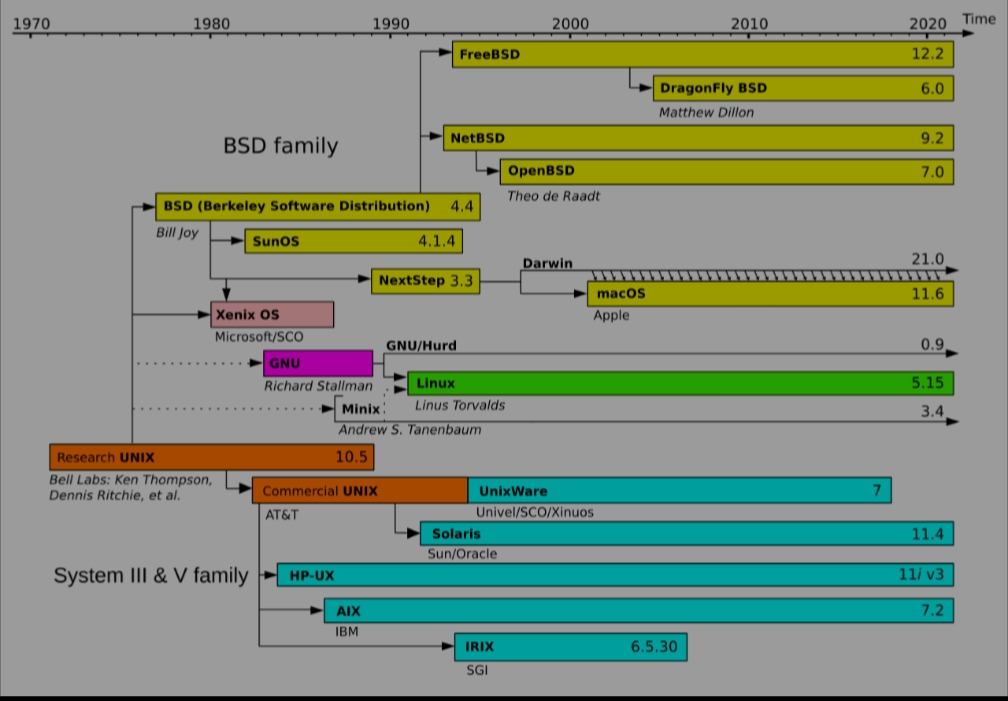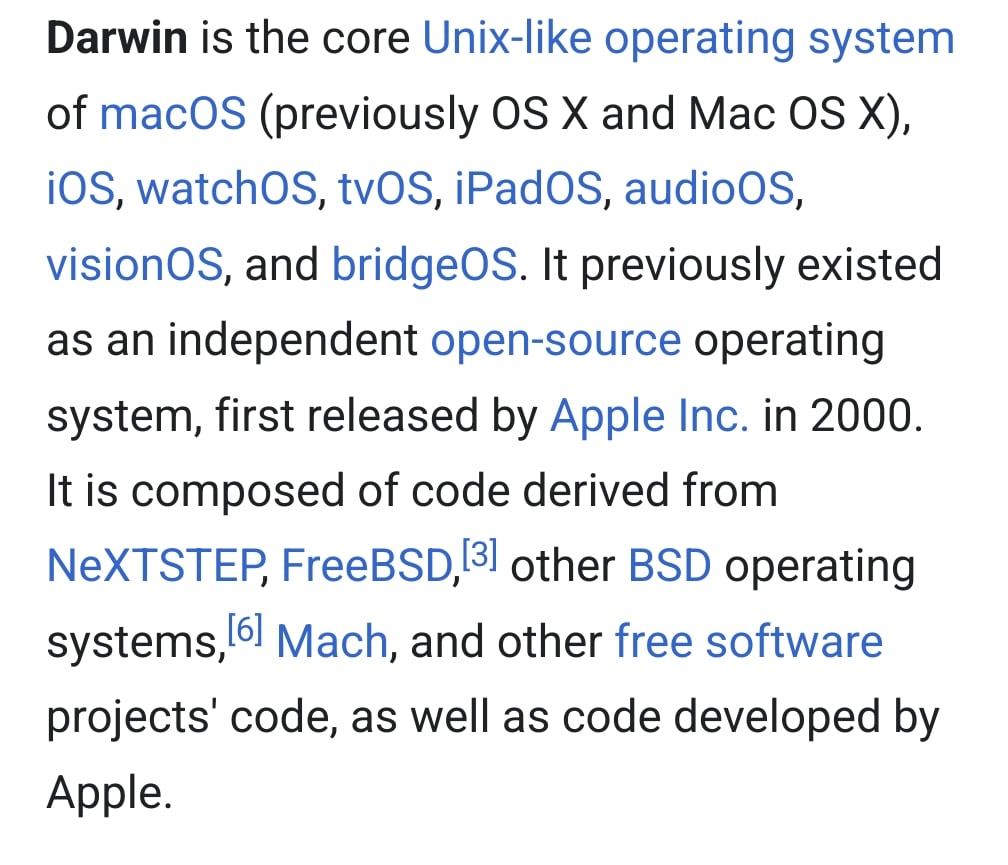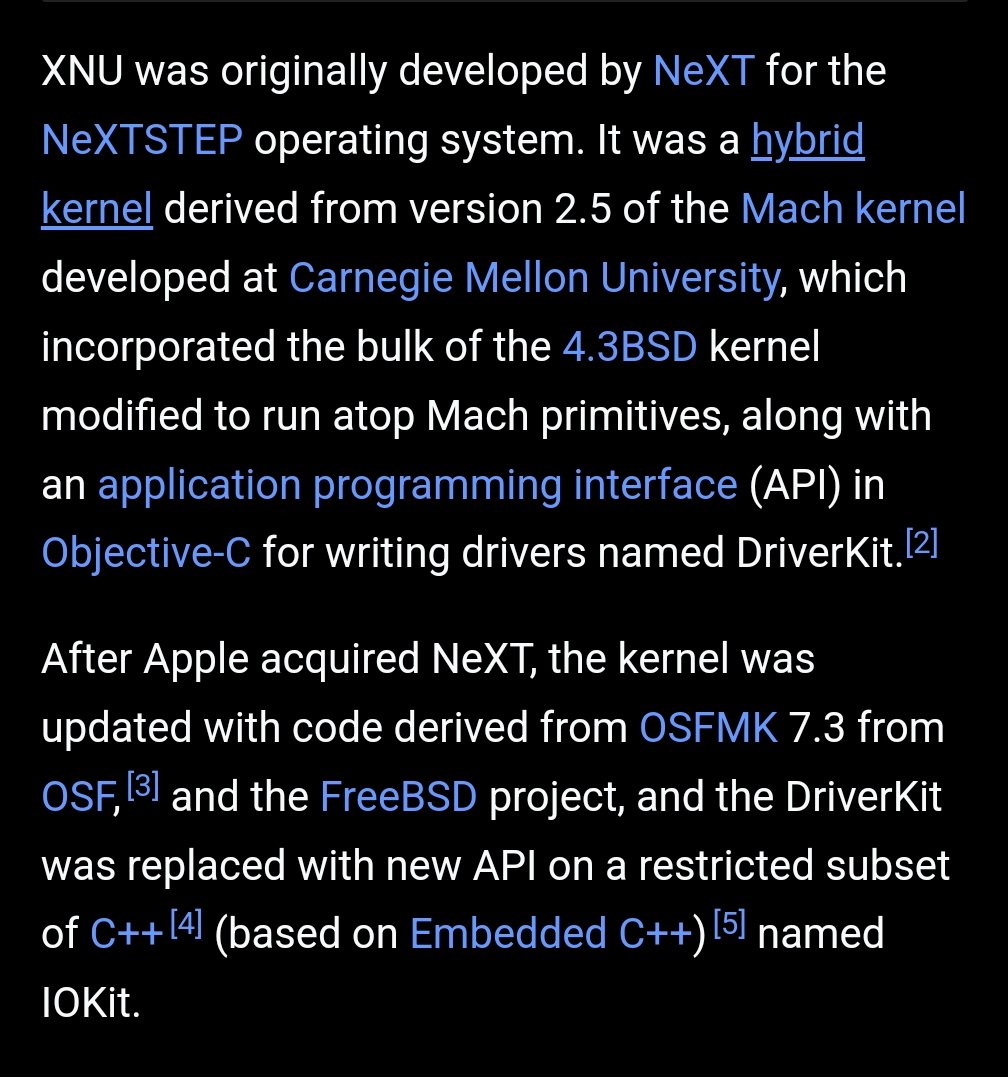I use FreeBSD on a desktop as a server and for desktop usage with a touchscreen to run a virtual pipe organ that needs an obscene amount of resources to run. There’s a few things that I see as pros:
-
Zfs on root/by default. Absolutely love zfs and not having to screw around with dkms/kernel issues etc to get it running is a huge plus imo
-
Jails - I cannot stand docker. It’s opaque and I’m stuck trusting that whatever image I’m downloading is updated/secured and or running multiple extra containers to stack together. With jails I spent my time setting up the jail once (installing services etc), and using a jail manager (bastille) I can maintain what I think is better control of the internals and updates etc. the commands mirror the os as well which is nice
-
Integrated world - the way bsd integrates the core system and separates out the packages means most security updates just need a service restart not a full reboot so uptime between OS patches can be months at a time. They’re also very conservative about changing how the core system functions so how I install/set up/maintain the system in 2007 is the same as today.
-
The manual. Anything I need to know when adding services including edge use cases is in the manual on their website. Much cleaner written than the arch manual, and has a pdf download available if you aren’t going to always have the internet (and a terminal interfaced manual option to download).
For my usage there’s not much I can think of for cons, but I will say laptops and particularly WiFi suffer currently. There’s funding and works in progress to fix this but still idk I’d use it on a laptop today without carefully checking support for the hardware like I would’ve with old school Linux. They’ve come a long way recently with edge cases for instance I’m currently running a windows vm with gpu pass thru using their bhyve vm manager, something that wasn’t supported a year ago, so I am optimistic the funding will help in the next few years on some of the laptop issues.


